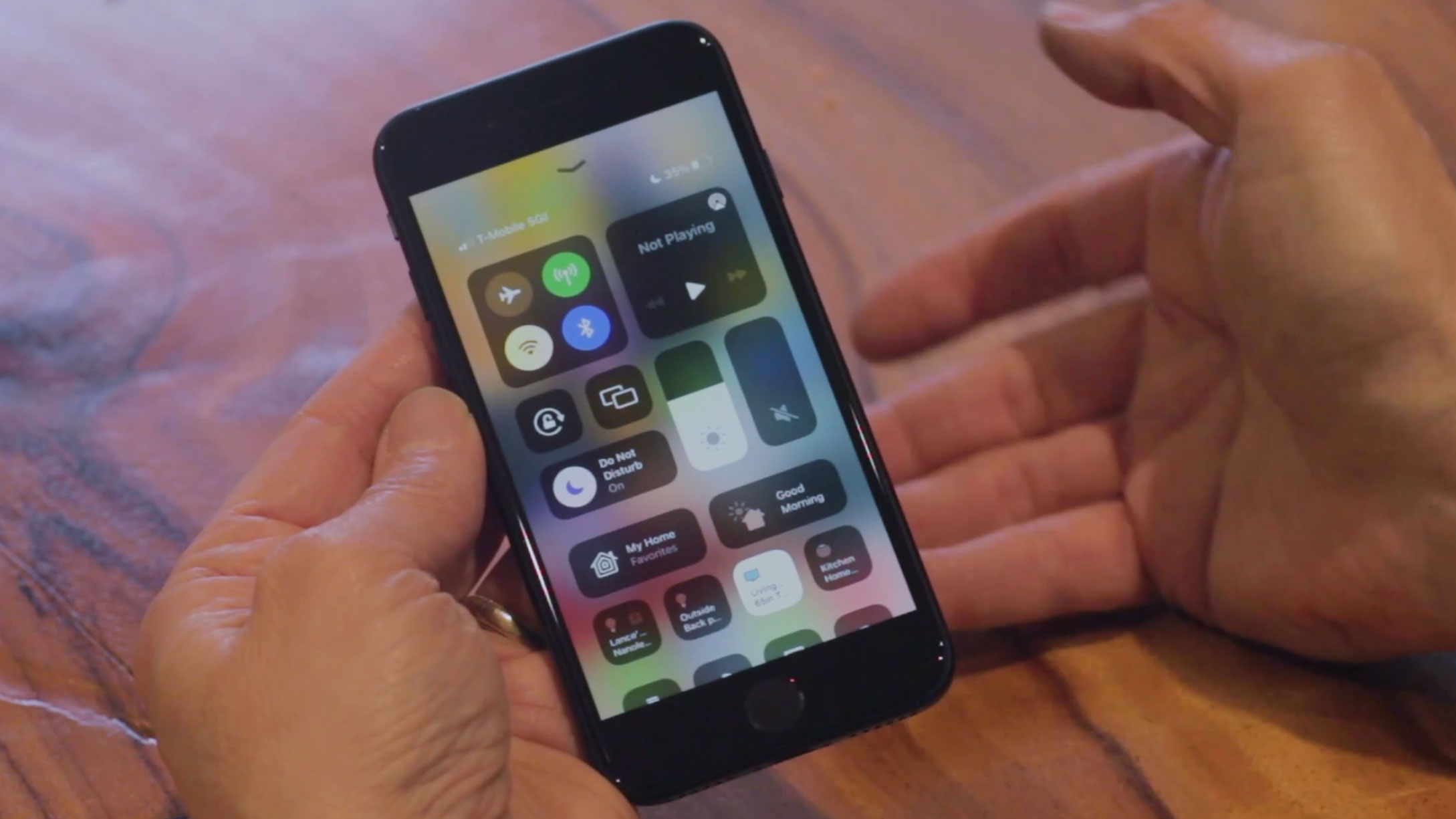Apple admits iOS 15.4 update could hurt your iPhone battery - but there's an easy fix
Just wait

After iOS 15.4 dropped on March 15, many users reported surprising battery drain problems with their iPhones, which is admittedly an issue that arises frequently for new iOS updates. What doesn't happen every day, is that Apple has weighed in.
The Apple Support Twitter account has tweeted to a user complaining about the iOS 15.4 update battery drain issue, confirming that "it's normal for your apps and features to need to adjust up to 48 hours after an update".
So that confirms it: your phone will require more juice for a few days after downloading the update, to let apps settle in. Make sure to keep your charger or handy power bank with you for a bit.
If you remember when you first got your smartphone and set it up, you might recall finding its battery a little erratic for the first few days, and that's because apps sometimes need to adjust or 'bed in' a little when they're first installed, or provided new software in this case.
That's why, at TechRadar, we always test a phone for over a week, and ideally several weeks, to ensure we get a good read on the real battery life.
Apple recommends waiting a few days if you're finding the iOS 15.4 update is draining your battery life - it may also help to restart your phone once you've done this. If the issue remains, then it's time to take it up with Apple.
Analysis: Apple support is valuable
Thanks for reaching out! We'll be happy to help. It's normal for your apps and features to need to adjust up to 48 hours after an update.Let's have you reach out to us in a DM if this is still an issue after that time so we can help you look into this further.March 19, 2022
It's good that Apple is weighing in on issues like this, as it lets customers know their issues are important, and that their sub-par experiences aren't the norm.
Get daily insight, inspiration and deals in your inbox
Sign up for breaking news, reviews, opinion, top tech deals, and more.
Admittedly, the company will likely have to say the exact same thing in a month or so when iOS 15.5 comes out, and ad nauseam until the end of time, but that's to be expected: not everyone follows the tech news. Some people only Google 'iOS battery issues' when they first experience the problem, so don't know that it's happened before.
If Apple Support is keen to comment on ongoing problems, though, it should really turn its attention to the iPad Air (2022) and ongoing reports of 'creakgate' - lots of people who have bought the company's latest tablet have found that the back is too thin, and the tablet creaks sometimes.
This is far from the first time Apple has been accused of less-than-stellar workmanship in its mobile hardware (remember 'bendgate'?), and it's super annoying for people who are worried about the sturdiness of their new super-expensive tablet.
Despite what my co-worker says, this is a real issue that's supported by video evidence and a multitude of reports, and it could (and arguably should) make people re-consider whether this iPad is the tablet they really need.
If Apple Support weighed in on the issue, either confirming that the creaks were nothing to worry about, or that there was a manufacturing problem that was being sorted (so future tablets would be fine), it could assuage fears.
At the moment, though, fans are left unsure as to whether they should buy this tablet or not. And with the iPad Pro 11 and Samsung Galaxy Tab S8 offering similar experiences without the creak, perhaps the answer, for now, is 'no'.

Tom Bedford joined TechRadar in early 2019 as a staff writer, and left the team as deputy phones editor in late 2022 to work for entertainment site (and TR sister-site) What To Watch. He continues to contribute on a freelance basis for several sections including phones, audio and fitness.